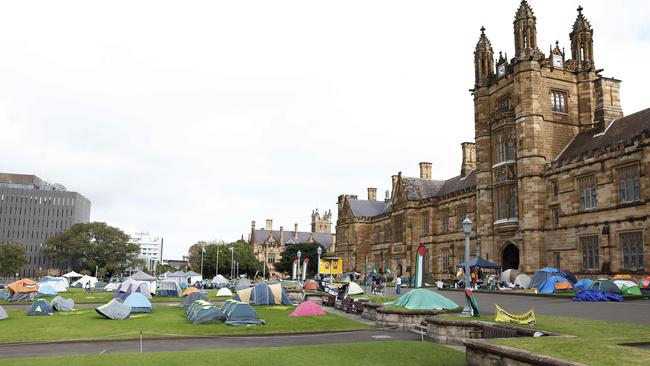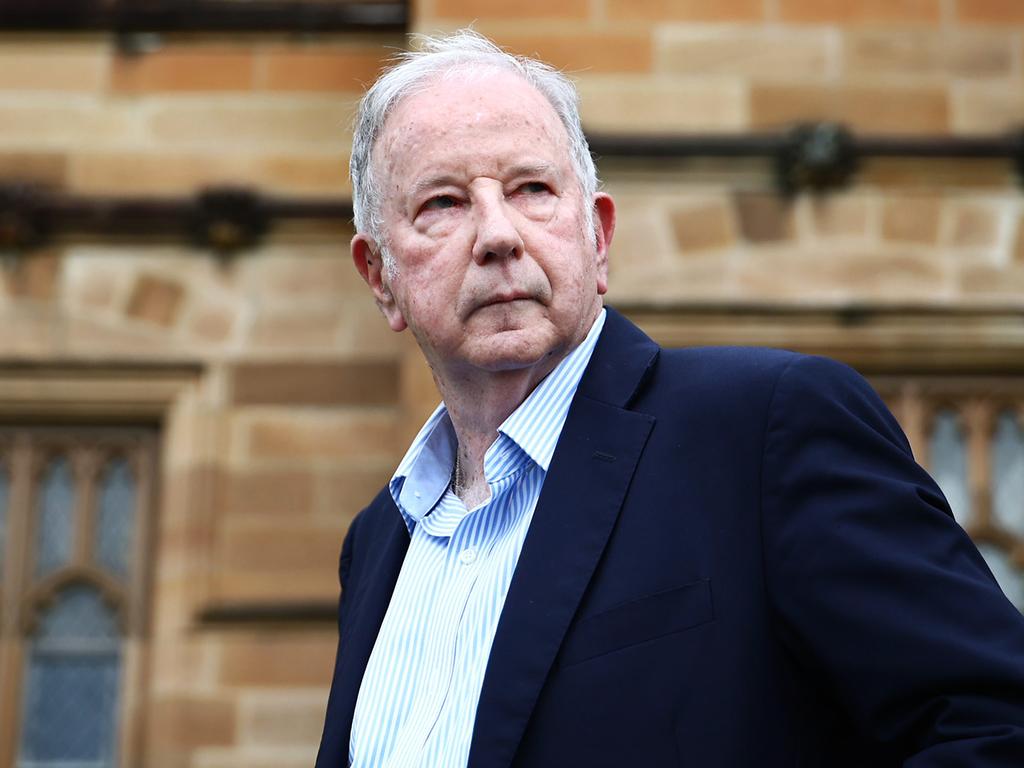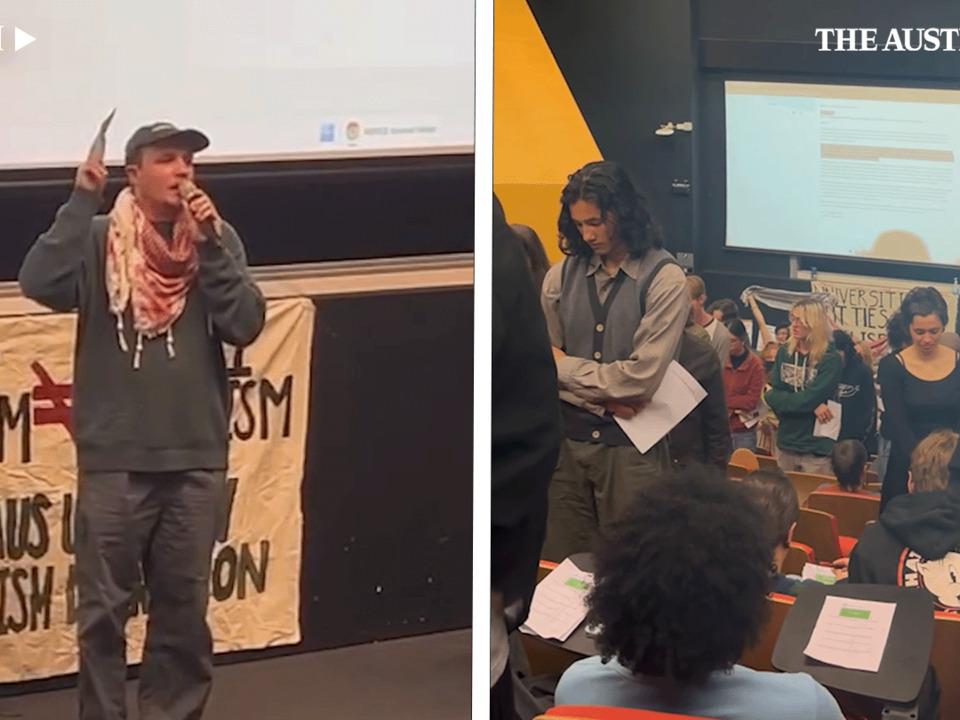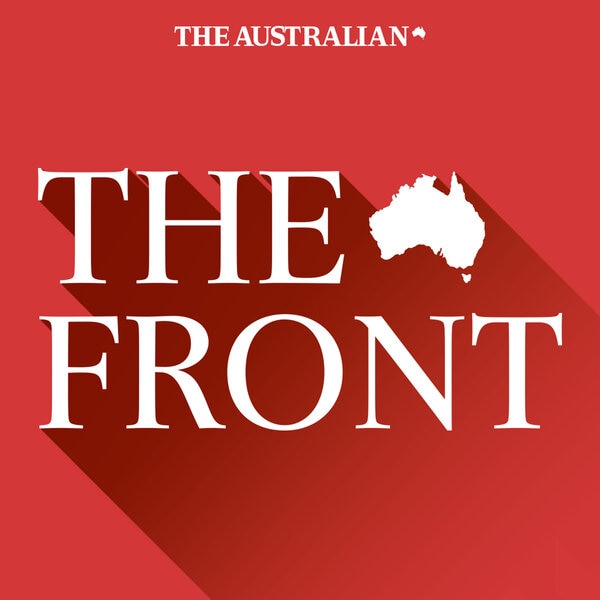Sydney Uni VC says campus safe as anti-Semitism complaints fall

As important reporting in The Australian has demonstrated, anti-Semitism is a scourge in our society that demands focused attention and a targeted response.
The horrific incident in Washington with two Israeli embassy members tragically shot dead outside a Jewish museum only reinforces this.
The gravity of this issue makes care in reporting on the matter of great significance and, in light of recent media coverage, it is important to clarify the facts.
We categorically and strongly reject allegations made in The Australian regarding safety on our campus.
It is important to clarify that protesters did not occupy any buildings at the University of Sydney during the two-month encampment of pro-Palestinian students last year or since.
Building occupation did occur at other leading Australian universities but not on our campuses.
We have apologised for mistakes made during the encampment and we are pleased the protest concluded peacefully and without violence, unlike other campuses in Australia and internationally. The alternative was riot officers on campus and student arrests.
The global precedent, at places such as Columbia University, was a triggering of further violence and destruction, working as a magnet attracting those from outside the university community wanting to cause more distress.
This was not a matter of being unwilling to confront protesters but a deliberate decision to prevent a volatile situation that could have escalated into greater harm.
We will not apologise for choosing a peaceful alternative.
At the same time, we have learned much from Jewish students and staff about their experience through the encampment.
Our revised access policy acknowledges the need to ensure our university can meet two pressing priorities: to allow free speech and academic freedom, while being welcoming and supportive for all in our community.
To that end, a claim made that providing an alternative exam entrance for all students to use during the encampment is “segregation” is wrong and unconstructive.
Our top priority during this time was student wellbeing, and this included offering alternative access routes for any and every student wishing to avoid the encampment.

While Jewish students were recognised as one group who might wish to use these routes, they were open to all and not targeted or restricted to any specific group.
Further, any student remained welcome to enter the examination space through the standard route.
Before the meeting we had several conversations with student bodies to stress students must not engage in hate speech and that we required respectful dialogue.
We understand participants were instructed by the SRC chair that they were permitted to express disagreement in a non-disruptive manner, such as by turning their backs.
While we appreciate that this practice was intended to avoid interjections from the audience, we understand the actions of some in the audience turning their backs on speakers could be considered disrespectful in the circumstances.
As we have said previously, we acknowledge we did not get everything right in our response to the events on our campus following the October 7, 2023, attacks on Israel.
We are committed to listening and implementing any necessary changes, and we know there is always more to do.
Following the encampment, we conducted a thorough review of our policies and implemented a new access policy to guide appropriate behaviour on university grounds.
Since its introduction last year, the number of complaints related to anti-Semitism has declined substantially but we know that even one is too many.
We have zero tolerance for any form of racism or hate speech.
Mark Scott is vice-chancellor and president of the University of Sydney.






